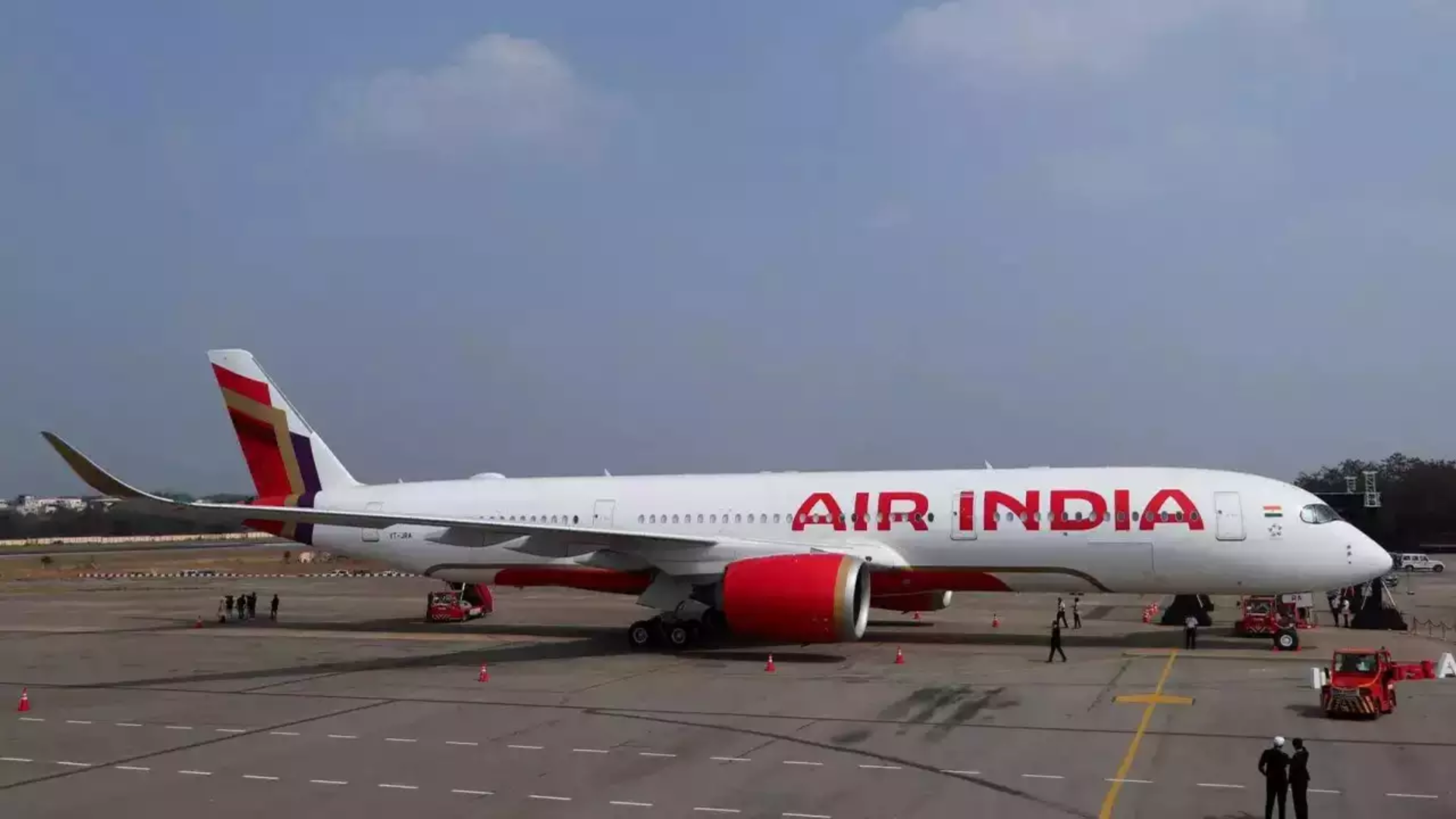Air India is set to establish its own a flying school in Amravati, Maharashtra to address to the looming issue of shortage of pilots. Accotrding to the recent reports, Air India’s new academy will be training up to 180 pilots annually and will be providing aspiring aviators, who have with no prior flying experience, a direct pathway to Air India’s cockpits after the completion of the required training stages.
The training fleet is reported to consist of approximately 30 single-engine and four multi-engine aircraft sourced from Piper which is an American company, and Diamond which is a European manufacturer, according to a report by a media source.
This initiative by Air India falls in alignment with the efforts of the Government of India to boost the training of commercial pilotsv domestically. There have been reports that have noted that more than 40% of Indian students are currently pursuing pilot training, however all of these trainings are provided to these students from foreign establishments abroad, where the costs can soar to as much as Rs 1.5-2 crore.
An informed source shed light on why Air India took to this move, stating, “Air India wants to be in control of the supply of the next generation of pilots which. The school will be a critical part of the national carrier’s long-term talent pipeline. Second is the airline wants to ensure quality of training. The quality of training in flying schools in India leaves a lot of gap forcing students to go abroad.”
This approach represents a significant shift from the traditional training strategies of major Indian airlines like IndiGo and SpiceJet, which have partnered with independent flight schools both in India and abroad to establish branded training programs. For instance, IndiGo collaborates with seven flight schools.
With the Tata Group’s acquisition of Air India, the airline has placed an order for 470 aircraft. CEO Campbell Wilson has announced plans to introduce one new aircraft every six days in 2024.
Initially, the Tata Group’s newly established school will focus on meeting Air India’s internal needs, but there is potential for the school to serve external requirements in the future.
In collaboration with Airbus and L3 Harris from the US, Air India has also set up a training facility in Gurgaon, equipped with six simulators to offer type-rated and recurrent training to its pilots. Aspiring pilots must first complete ab initio training to acquire a license. Type-rated training is then necessary to operate specific aircraft types, such as the Airbus A320 or Boeing 737, and to obtain the required license endorsements. Pilots must undergo recurrent training annually to maintain these endorsements.
READ MORE: Asia Poised To Dominate Global Ethylene Capacity Growth by 2030: India And China Lead The Way
Sunil Bhaskaran, a veteran of the Tata Group and former CEO of AirAsia India, is currently overseeing the development of Air India’s training infrastructure as the managing director of Air India Aviation Academy.
The significant aircraft orders placed by Indian airlines, totaling around 1,250 planes over the next decade, will lead to increased demand for flight simulation centers as airlines rush to train their pilots. IndiGo, Air India, and Akasa have collectively placed these orders, highlighting the urgent need for more trained pilots.
Kapil Kaul, CEO of CAPA India, emphasized the gravity of the situation, stating, “The shortages of trained resources is far more serious than currently estimated or visible for Indian airlines and poaching by Middle Eastern carriers is likely to accentuate the labour shortage issue.”























